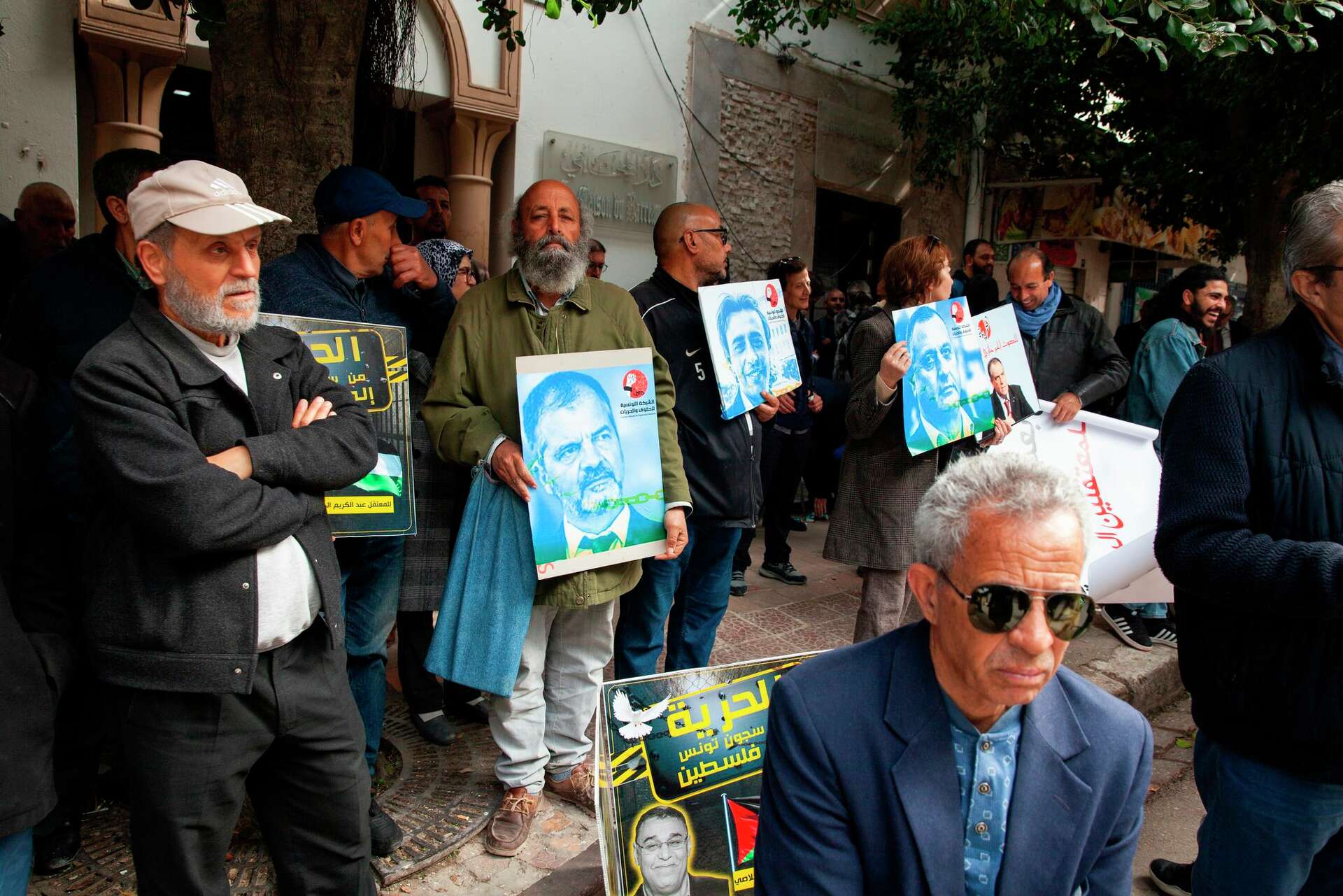In a significant legal development, the Court of Appeal has issued a ruling preventing the Economic and Financial Crimes Commission (EFCC) from initiating a retrial of the former Governor of Abia State, Orji Kalu, over allegations of N7.1 billion fraud.
The Federal Government, through the EFCC, had pleaded with the appellate court to set aside the September 29, 2021, judgment of the Federal High Court, which had prohibited the government from retrying Kalu and his firm, Slok Nigeria Limited, over the alleged financial misconduct.
The government’s request also urged the appellate court to order Kalu and Slok to submit themselves for retrial, aligning with the Supreme Court’s May 8, 2020 judgment. The Supreme Court had nullified the earlier trial and conviction of Kalu and two others, ordering a retrial.
Two notices of appeal were filed by Rotimi Jacobs (SAN), representing the EFCC, against the judgments delivered by Justice Inyang Ekwo of the Federal High Court, Abuja, on September 29. Justice Ekwo had, in the judgments on applications for judicial review filed by Kalu and Slok, upheld their argument that a retrial would amount to double jeopardy, considering their previous trial, conviction, and sentencing on the same charges.
Kalu, alongside Slok and Udeogu, had faced charges of complicity in diverting N7.1 billion from Abia State’s coffers. The initial trial resulted in convictions for Kalu and Udeogu, who were sentenced to 12 and 10 years in prison, respectively, while Slok was wound up.
The Court of Appeal’s ruling adds a layer of complexity to the legal saga, with implications for the government’s pursuit of a retrial and the broader discussions around double jeopardy. Observers are closely monitoring the proceedings, anticipating further legal arguments and potential ramifications for the case that has spanned several years. The intricacies of this legal battle underscore the challenges in navigating high-stakes corruption cases within the Nigerian judicial system.



